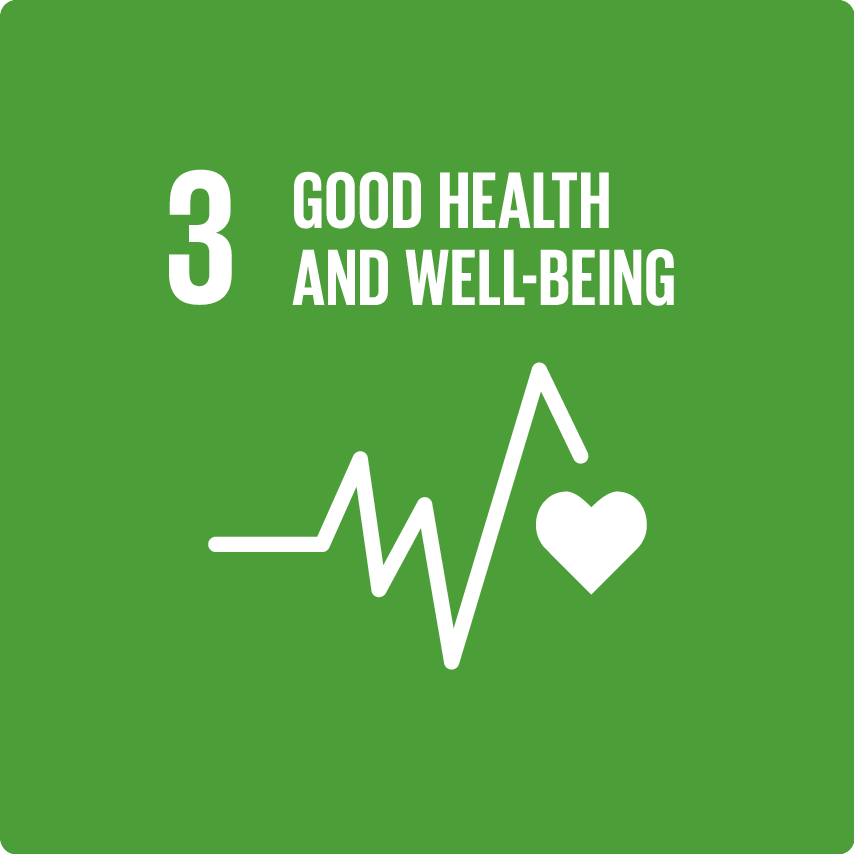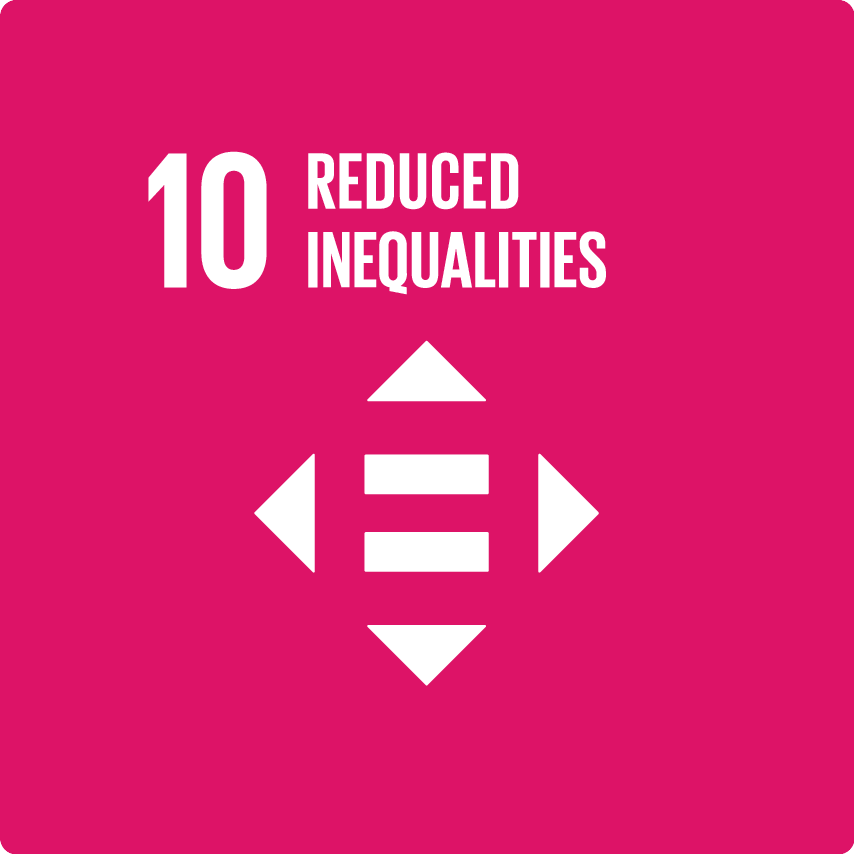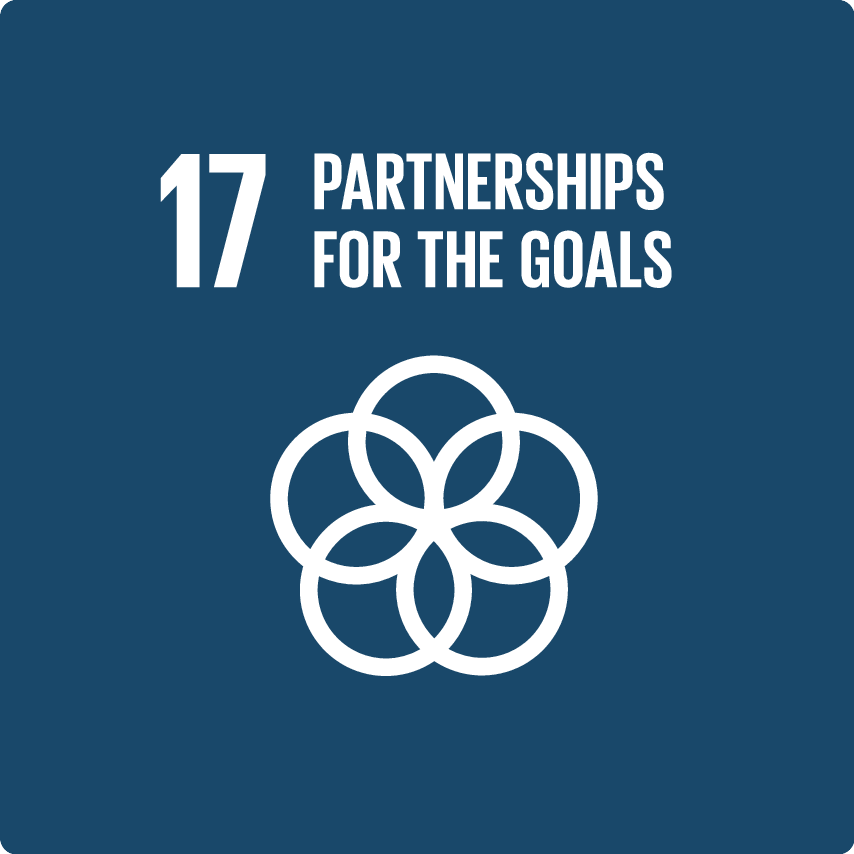Oncology learning and healthcare professional engagement across Africa & India
To strengthen and decentralize essential services for detection and treatment of two leading cancers, breast and prostate, in India and sub-Saharan Africa. The ultimate impact we seek is to improve patient care and health outcomes.
SEE ALL PARTNER ORGANIZATIONS
Objectives
- To improve knowledge, skills and practices in prostate and breast cancer amongst HCPs in our target countries so that they can deliver cancer detection and care that is timely, of high quality, and as close to the patient as possible
- Create and deliver a training program that also becomes an up-to-date knowledge repository for specialist and non-specialist cadres of HCPs
Cancer survival rates in sub-Saharan Africa and India are much poorer than in High-Income Countries (HICs) because of late detection and poorer access to good-quality treatment. The gaping disparities in cancer detection and treatment between HICs and LMICs are unacceptable, and there is a lot we can do change that. Along with gaps in the number of providers, important gaps in knowledge and skills pose a big challenge. Diagnostic, pathology, surgery, treatment, chemotherapy and radiation therapy are areas where skill shortages or outdated knowledge mean that cancer patients may not get the care they need. The program looks to improve knowledge, skills and practices in prostate and breast cancer amongst HCPs in our target countries so that they can deliver cancer detection and care that is timely, of high quality, and as close to the patient as possible.
Implementation
We will create and deliver a training program that also becomes an up-to-date knowledge repository for specialist and non-specialist cadres of HCPs.The program will be designed and customized for HCPs in East and Central Africa (served from a base of operations in Kenya), West Africa (from Nigeria) and India (staff in Delhi and Mumbai). Our program is delivered via an innovative and exciting online platform called Medical Learning Hub (www.medicallearninghub.com). The social impact company with which we are affiliated, Tech Care for All, designed Medical Learning Hub (MLH) to democratize access to medical education and experience sharing exclusively in LMICs, starting with Africa and India.
Outcomes strategy
Our hypothesis is that by improving the knowledge of HCPs working in LMICs, on current good practice and recent advances in diagnosis, management and treatment of breast and prostate cancers, we will contribute to reducing health inequities between our target countries and rich nations of the global north.
Target audiences
- Specialist doctors: oncologists, gynecologists, surgeons and surgical oncologists.
- Non-specialists and primary care providers: frontline cadres that can contribute to cancer care.
The aim here is to increase awareness and alert them to take steps (permitted by national norms for their cadre but that they may not currently do) to help a) identify patients suspected of cancer, b) provide basic support, initial diagnosis and basic management and c) refer to specialists as needed. We will reach and enroll HCPs throughout India and Africa.
Results and milestones
49 events were held in 2022 which reached specialists, generalists, frontline healthcare providers and pharmacists, with a total of 12,349 participants to date (out of a total of 22,417 course registrations). 2 surgical demo sessions and 3 innovation webinars are scheduled in Q1 of 2023.
These training sessions were held in Nigeria, Kenya, and India and focused on breast and prostate cancer, including epidemiology, diagnosis, staging and subtypes, referral, treatment types, overall treatment management and supportive care. They were taught be a total of 118 faculty (72 in India, 30 in Kenya, 16 in Nigeria).
Samples of learner feedback:
- “In the case of breast cancer, it helped me to detect early signs and symptoms of breast cancer and refer a client to the right level care facility which can assist her.”
- “Series on Management of Breast Cancer has enhanced my clinical and applied knowledge … All sessions are very Informative.”
- “Through MLH [I] was able to [acquire] knowledge that has really improved my management of prostate cancer patients at my place of work.”
- “Breast cancer being one of the commonest malignancies, … it happens that at the same time it was being presented, one of my cousins had started on treatment, having been diagnosed with the same. Now, here comes the turning point.. The lady after undergoing three sessions of chemotherapy, decided that she had enough of it. On learning of her decision, I used my counseling skills together with the knowledge acquired from the learning hub to bring her closer to me. I gave proper explanation to her and the reason why she should not terminate her treatment. After some time, she called me to inform of her decision to continue with chemotherapy. She abandoned the idea of adapting herbal therapy. Continuous learning helped in this case.”
Geographic Reach
- Africa
- South-East Asia
Disease Area
- Non-communicable diseases
Target Population
- Other
Partner organizations
All.Can
Tech Care 4 All - WECHA
The Max Foundation
Union for International Cancer Control (UICC)
Faraja Cancer Support Centre (Kenya)
Oncopadi (Nigeria)
Kenyatta University Teaching, Research & Referral Hospital (Kenya)
Texas Cancer Center (Kenya)
Geographic Reach
Africa
- Kenya
- Nigeria
South-East Asia
- India
Disease Area
Non-communicable diseases
- Cancer


